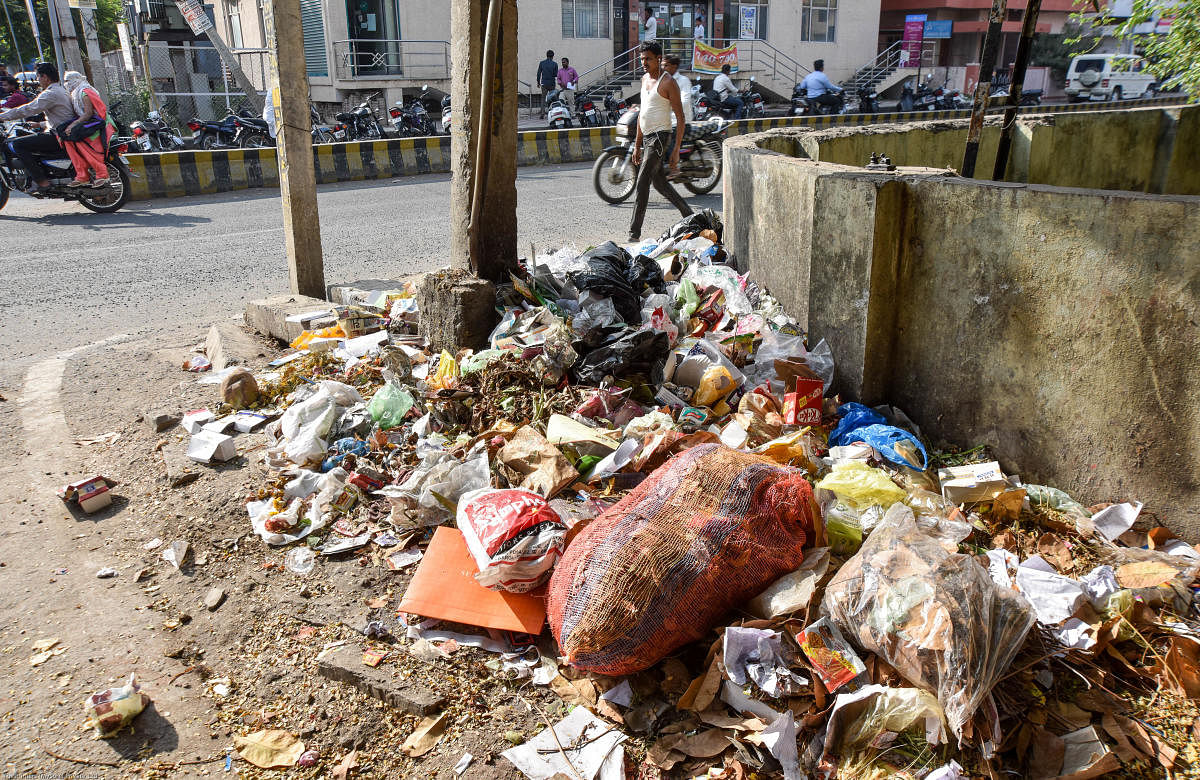Bengaluru’s poor ranking in the Swachh Survekshan Survey, 2019, does not come as a surprise. Anyone who is familiar with its trash-strewn streets is aware that the city’s garbage management is in a state of acute crisis. Of 458 cities with over a million population that were ranked in the survey, Bengaluru ranked 194. This is distressing. It is a reflection of not only the failure of civic authorities to improve waste management but also the lack of civic sense among the public. The 2018 Swachh Survekshan Survey had ranked Bengaluru at 216. Thus, the city’s ranking has improved, but this is little reason for satisfaction as the step up is marginal. Among the states, Karnataka hasn’t done satisfactorily either, ranked 14 and behind its southern peers. Mysuru, ranked as the third cleanest city in the country, is the only city in the state that provides a ray of hope.
If Mysuru’s civic authorities can manage the waste well, why is it impossible for Bengaluru and other cities in Karnataka? Officials have blamed the delay in Bengaluru getting its open defecation-free certification for its low ranking. While this may be true, it is the BBMP’s reluctance to accord garbage management the priority it deserves that is responsible for the mess. BBMP officials routinely travel abroad on ‘educational trips’ to learn about garbage management. Why haven’t they put this learning to good use? Segregation at source is not being enforced diligently. Garbage contractors do not pick up trash regularly. Garbage is not recycled or disposed of scientifically. Instead, it is simply shifted from one place to another, sometimes to the next street, sometimes to a distant dump yard or landfill, sometimes even into the city’s lakes.
Low public participation in safe and scientific garbage disposal has also contributed to Karnataka’s poor ranking. People refuse to segregate their garbage before they put it outside for collection. We eat snacks and throw the wrapper on the road. A few extra steps to the nearest trash can is all the effort we need to make to keep our roads clean. Citizens must realise that irresponsible handling of trash is harmful. Trash-strewn streets are an eyesore. However, better garbage management is important not just to make our neighbourhood prettier but to ensure that our surroundings are clean so that public health improves. Garbage piled up on our streets lead to outbreak of diseases like Hepatitis A and leptospirosis. When states like Chhattisgarh and Jharkhand can top the Swachh Survekshan rankings, why can’t Karnataka?
